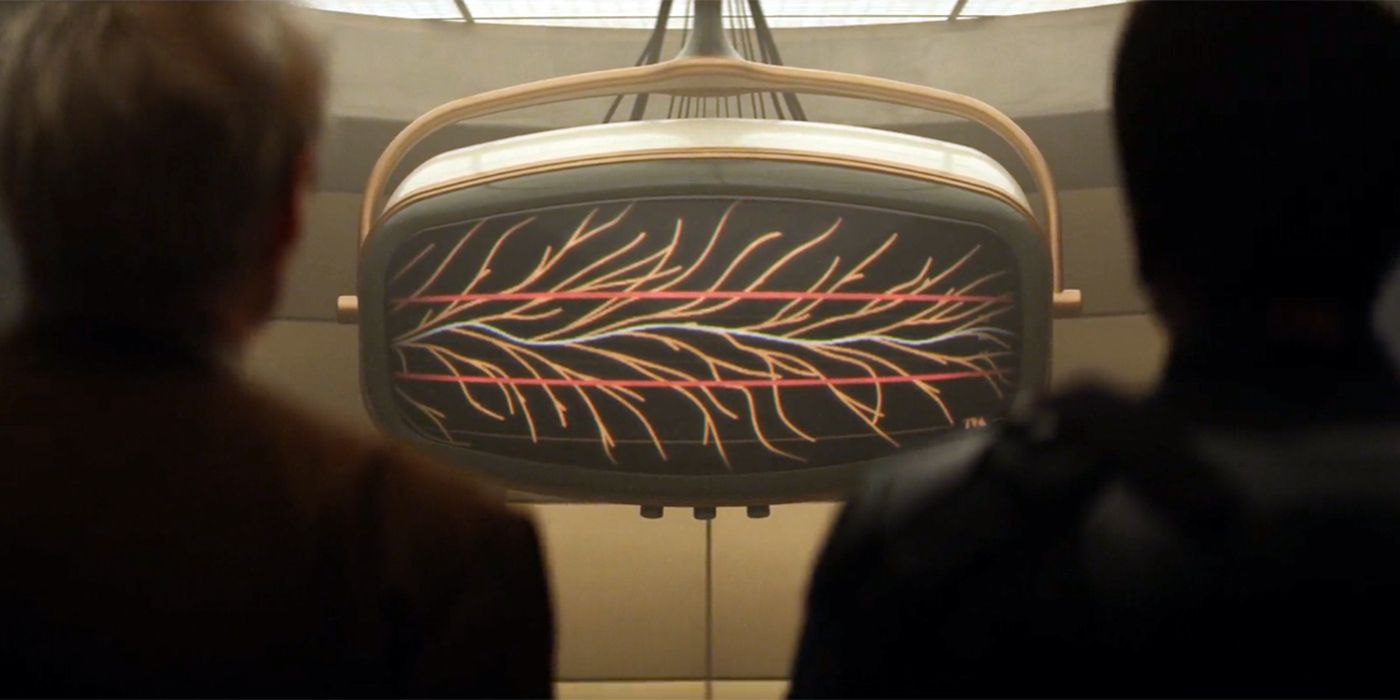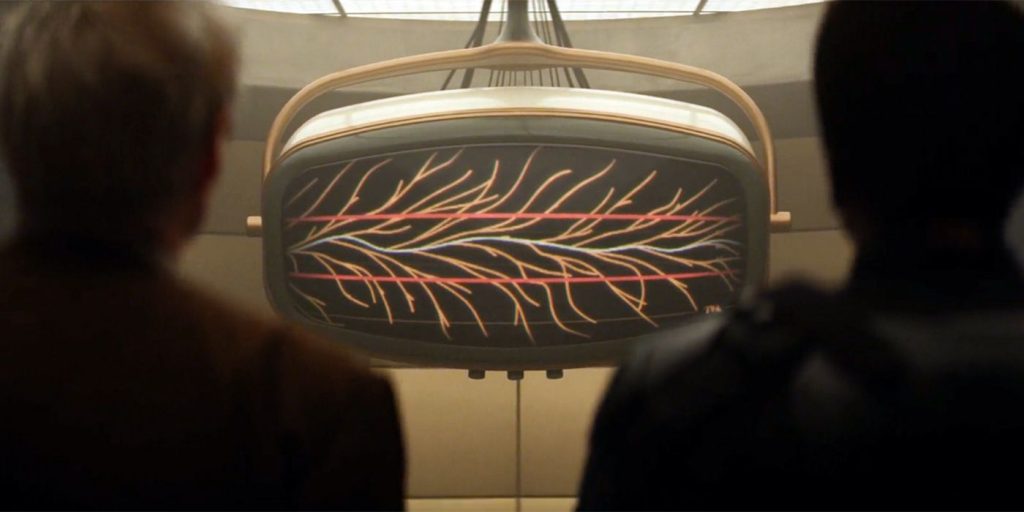
Recent and upcoming Marvel Cinematic Universe releases focus on the popular multiverse concept, wherein the main films' universe is only one of infinite realities occurring simultaneously. The concept is popular in the comics and fans are already thrilled to see it on the big screen, but is the multiverse overshadowing the small scale Marvel stories?
Marvel films have always operated on a variety of scales, some built around national military threats, others span the depths of space. These stories manage to blend well together, but the addition of theoretically infinite alternate universes wherein any possibilities could occur threatens to weaken the stakes of the other films.
RELATED: Loki Season 1 Finale Could Have Had Multiple Different Endings
The first introduction of the MCU's multiverse came in Loki, which focuses heavily on the concept of fracturing realities leading to infinite alternate worlds. The upcoming Doctor Strange in Multiverse Of Madness centers the concept in its title, making it a part of the marketing from the moment of its announcement. The recently announced series What If is a series of possible multiverses delved into by the all-powerful Watcher, an exercise in playing with existing characters in new scenarios. These properties are appearing intermixed with much smaller scale narratives, such as Wandavision and Falcon and The Winter Soldier. Committed fans could be disinterested in the more personal stories which keep their narratives tight, in favor of the more universe-shaping fare.
It's a funny concept, but surely at this point in the cultural zeitgeist, the only thing that could overshadow the power of Marvel is Marvel itself. Introducing a concept like the multiverse is a big risk, not dissimilar to the risk taken years ago which created this massive interconnected film universe. Upcoming films in the MCU include Eternals, which focuses on the secretive group of immortals living on Earth, and Shang-Chi and the Legend Of The Ten Rings, a martial arts film about a fighting master taking on a terrorist organization. Films like these are fun and interesting, but if fans' interest is only held by the multiverse, they'll miss great puzzle pieces in the larger Marvel narrative.
There is no point of comparison for this phenomenon, no film empire has ever reached the heights wherein the concept of a multiverse was a possibility. This type of high-concept science fiction can be a huge draw for longtime fans, but it could also be a turn-off for newcomers. Some audience members find the existing MCU impenetrable due to its enormous overall runtime, between all the concepts, characters, and events a newcomer would be expected to understand. This idea, expanding the canon into an infinity of alternate universes, could serve to make the MCU even more difficult to jump onto.
The smallest scale film in the MCU is likely Spider-Man: Homecoming, which focuses mostly on the young Peter Parker gaining control over his powers, working to impress Tony Stark, and dealing with his double life. The film's villain is a scrapper turned arms dealer who threatens to arm mostly petty criminals with dangerous weaponry. A few huge action set pieces definitely occur, but overall, it's a very character-focused narrative, examining the personal life and difficulties of Peter Parker. That film has almost nothing in the way of Sam Wilson's Big 3; aliens, androids, and wizards. Despite the film being largely uninvolved in the larger MCU narrative, fans loved Homecoming and connected deeply with Parker. The filmmakers have proven that even when a story is mostly self-contained and personal, they can still keep fans and newcomers engaged.
The existence of the multiverse introduces infinite possibilities for future narratives with both existing characters and brand new favorites. The Marvel comics have used the multiverse to create wild alternate stories that would destroy suspension of disbelief in the traditional universe, and are routinely praised for the idea. The concept is strong, but the risk of it overshadowing smaller-scale films can only fail if the small-scale films are narratively weak. These upcoming MCU films might not have the multiverse to draw crowds, but they can always fall back on the usual draw; gripping action, lovable characters, and pure simple fun.
The most memorable moments of the MCU often have little to do with the overarching universal narrative, they are usually more centered around cathartic character moments. Even moments attached to the larger universe are more memorable for their importance to the story than they are for their contributions to the overall network. From the Hulk's "puny god" beat down to Yondu telling Star-Lord "he might've been your father, but he wasn't your daddy," the moments that stay in fans' hearts for years are earned through the emotional arc of a character. Multiverse hype may make the marketing cycle for films like Eternals a bit quieter, but no aspect of the overarching narrative will change the power of character-focused narrative.
The multiverse concept will change the MCU forever, and some fans will definitely miss some great stories if they focus exclusively on it. However, no amount of new dimension or expansion of concept will distract from the real core of Marvel's output.
MORE: Kevin Feige Reveals What Marvel's Phase 4 Is Really All About
